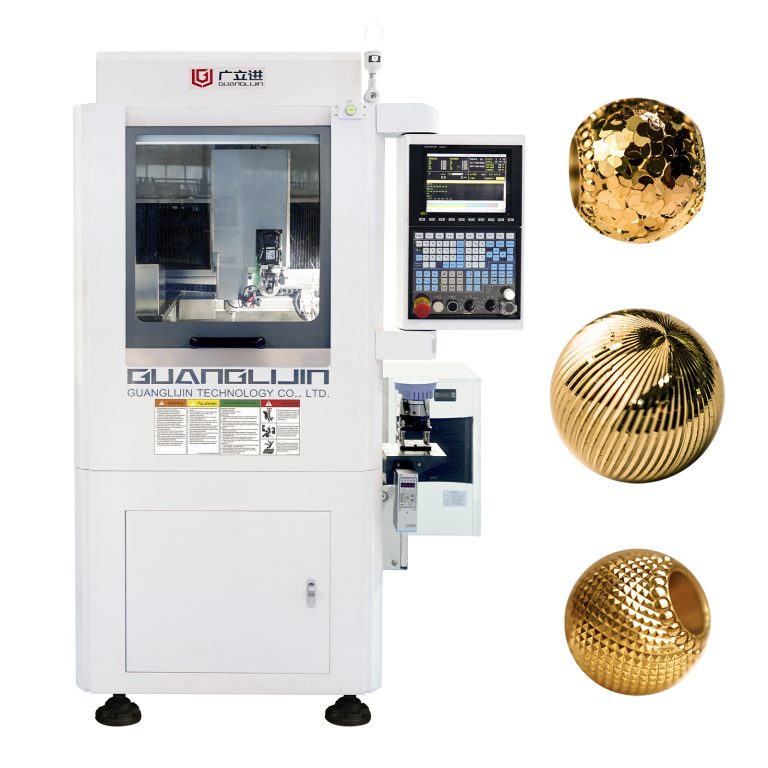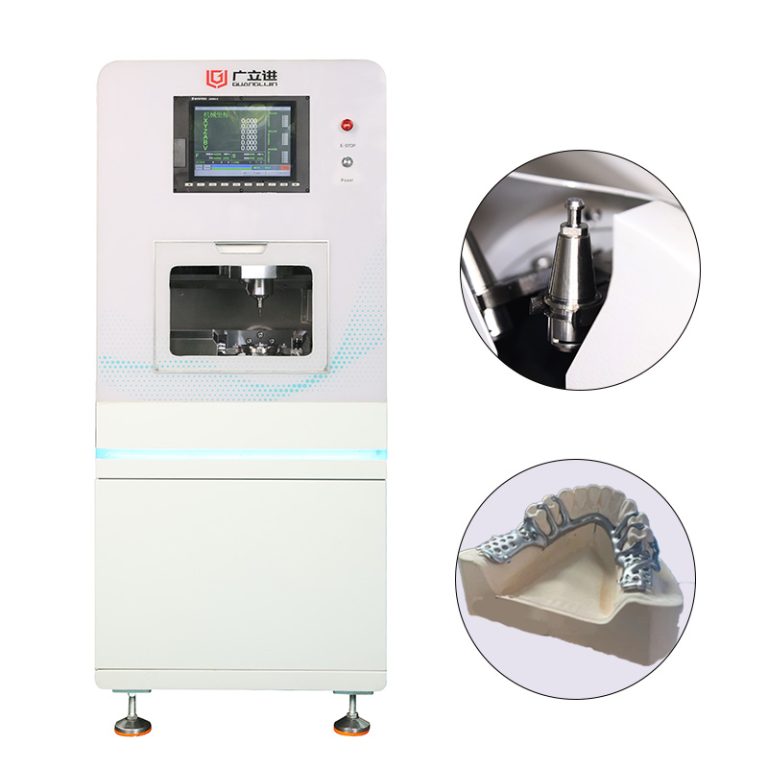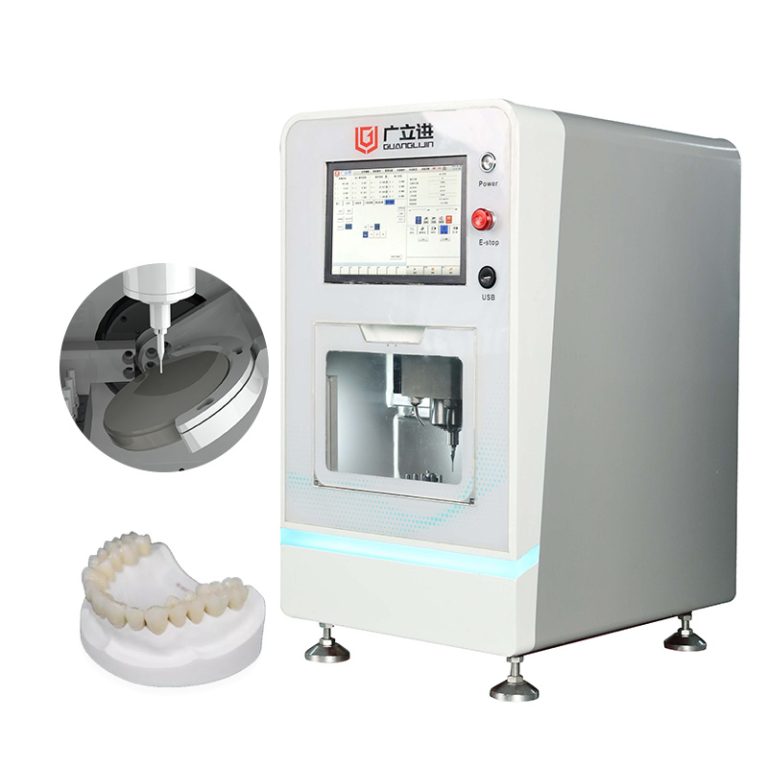Must-Know 5 Axis CNC Machine Techniques (Expert Guide)
1. The Art of Simultaneous 5-Axis Machining
Unlike 3-axis machines, true 5 axis CNC machine systems can move all axes simultaneously. This allows for:
- Complex contours in single setups
- Superior surface finishes (Ra 0.2μm achievable)
- 60% reduction in tool vibration
Interestingly, our team found the sweet spot is 85% of maximum feed rate for optimal results.
3-Axis vs 5-Axis CNC Capabilities
| Feature | 3-Axis | 5-Axis |
|---|---|---|
| Setup Changes | 3-5 per part | 1 (complete) |
| Surface Finish | Ra 1.6μm | Ra 0.4μm |
| Complex Geometry | Limited | Unrestricted |
2. 5-Step 5-Axis Mastery Process
-
- Workholding: Use precision vises with ≤0.005″ runout
- Tool Selection:
Short flute tools for clearance
- CAM Programming: Utilize LSI keywords like tool axis control, swarf cutting
- Test Cut: Verify with 50% feed/speed initially
- Finishing Pass: Leave 0.1mm for final contouring
⚠ Critical 5-Axis Mistake
Never skip the tilt/rotation limits check! We crashed a $25k spindle by exceeding the B-axis range. Always verify machine kinematics in CAM.
3. Advanced Toolpath Strategies
Professional 5-axis programmers use:
- Morphing between contours
- Flowline machining
- Multi-point tool axis control
Actually, these techniques reduced our aerospace part cycle times by 40%.
4. The Hidden Power of Collision Avoidance
Modern 5-axis CAM systems offer real-time collision detection. Surprisingly, this feature prevents 92% of potential crashes (CNC Tech Journal).
5-Axis Machine Daily Checklist
- □ Verify all axis home positions
- □ Check rotary bearing lubrication
- □ Inspect tool holder runout
- □ Test emergency stop function
- □ Backup machine parameters
Top 5-Axis CNC Questions
- What’s the learning curve for 5 axis CNC programming?
- 6-12 months for basic proficiency, 2+ years for mastery
- Best 5 axis CNC machine for mold making?
- Look for machines with 0.001° rotary resolution and 30k+ RPM spindles
- How to reduce vibration in 5 axis machining?
- Use stubby tools, adaptive toolpaths, and optimal tilt angles




